Update March 14, 2019: The House adopted its version of the bill, including the three recommendations mentioned below. The Senate continues its work on its own version.

When SC House Speaker Jay Lucas (R – Darlington) introduced his 84-page bill, the “SC Career and Opportunity Access for All Act” (H.3759 / S.419) in January, the SC Arts Alliance and the Arts in Basic Curriculum Project (ABC Project) got to work on identifying ways to make this comprehensive education reform bill more arts-friendly.
After hearing from the House Education & Public Works Committee (where the bill would first be considered) that the best way to ensure the arts are embraced in the legislation is to help them see exactly where changes could occur, we did just that.
The SCAA and the ABC Project (including their Steering Committee – made up of educators from K-12 through Higher Education, agencies, and community organizations) worked to compile a list of seven (7) recommendations for H.3759, and its sister bill in the Senate, S.419.
The House was up first. After hearing public testimony twice (here and here) from arts advocates during committee meetings, as well as being provided with written recommendations (here), the House K-12 Subcommittee adopted three of the seven recommendations in their amended version of the bill. That version was then passed to the full House Education & Public Works Committee on February 27 (15-1), where those same three recommendations remained in the Committee’s final amended version, which now heads to the full House.
The three “arts” amendments adopted by the House Committee inserted language that:
- Adds “graphic design” as a career / postsecondary pathway for computer science programs at the K-12 level. This would allow the State Department of Education to develop coursework leading to a career / study in graphic design, which is inherently based on artistic and creative knowledge. [Part IV, Subpart I, Section 6]
- Requires teachers to report on “professional growth opportunities in content areas” in a new Satisfaction Survey. This would help teachers of all content areas, including the arts, report to their principals (and the public) on the level of professional learning opportunities they are supported by specifically in their content areas. [Part V, Subpart III, Section 8]
- Requires schools in a “turnaround” process to report to parents, among other things, a list of summer / after-school / curricular learning opportunities within the school, and by community providers. This allows parents to see how they can support their child’s learning beyond the walls of the classroom, which is important for families in under-performing districts. This also allows community providers (including arts organizations) to work closely with schools to help provide greater access to learning opportunities. [Part VI, Article 16, (H)]
What’s Next in the House?
- The bill now heads to the House floor for consideration and further amending.
- Bill could be taken up as early as March 5. The process could take awhile as so far only about 20 House members (on Education Committee) have been able to speak on the bill or add amendments – there are 124 total members of the House.
- Once adopted by the House, the House and Senate will work through a Conference Committee to work out the differences between the two versions, then adopt that unified version and send to the Governor for signature or veto.
- We will monitor its progress and provide updates as needed.
What’s Next in the Senate?
- The Senate’s version of the bill is S.419. Its original language is exactly the same as the House’s original version (un-amended).
- The Senate has a special subcommittee assigned to this bill and they have yet to propose any amendments to the bill. They are taking a longer process to conduct more hearings before recommending amendments.
- That Subcommittee has already received the arts-friendly recommendations in writing, and so far we have testified once in front of the Subcommittee. We will continue to have testimony ready at each hearing in Columbia where appropriate.
- The Senate is having four hearings across the state on this bill. We have prepped an arts advocate to speak at each of these hearings: March 4 (McCormick Middle School), March 11 (Coker College), March 18 (Gaffney High School), March 21 (Georgetown High School). All hearings are from 6-8pm. If you would like to attend / speak at one of the hearings, you should feel free to do so. If you would like talking points on these arts amendments, let us know. Speakers can sign up starting at 5:15pm and each have 3 minutes.
- Once adopted by the Senate, the Senate and House will work through a Conference Committee to work out the differences between the two versions, then adopt that unified version and send to the Governor for signature or veto.
- We will keep you posted on progress as the process continues.
There are three very important notes to highlight about this bill, and our advocacy process:
- The SCAA and the ABC Project do not, and will not, issue any sort of endorsement on the bill as a whole. Our mission is merely to ensure that whatever version of the bill is adopted, it embraces the arts.
- The recommendations made on behalf of the arts do not represent the only instances where the arts are being embraced. In fact, there are numerous portions of the bill that already have language that include the arts specifically, or simply by nature of the language. These recommendations represent additional areas where the arts can be included, or the language broadened so the arts are therefore included. For example, the arts are already specifically mentioned in the Profile of the SC Graduate; therefore any mention of the Profile in the bill would mean the arts are eligible for support by that language in the bill.
- This bill does not address funding. Nor does it address specific curriculum (with a few exceptions). This bill is more about the framework of our education system. This bill is the first in a line of reform bills that will include Education Funding Formulas, Accountability, and other items that will most likely be considered next year.


